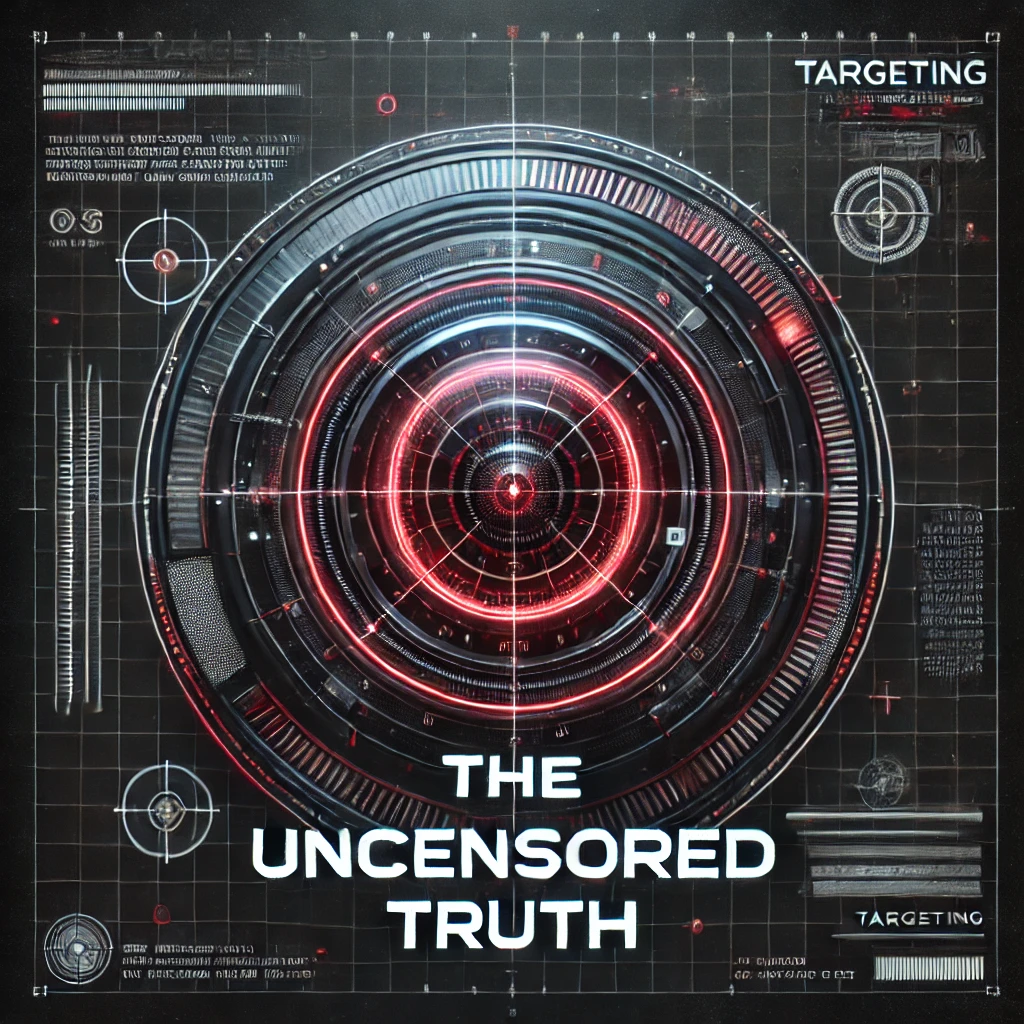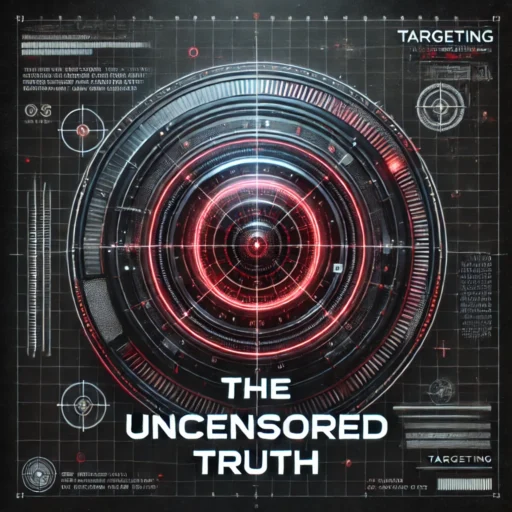🧠 I. Introduction: Treating Symptoms, Not Systems
The modern healthcare system is facing a crisis — not only of disease, but of design. Chronic illness is more widespread than ever, yet the standard medical response often defaults to prescription drugs instead of preventative measures. While pharmaceuticals have transformed acute care and saved countless lives, their dominance in the treatment of long-term, lifestyle-driven conditions has raised an unsettling question:
Have we normalized pharmaceutical dependency — not as a last resort, but as a default?
This article explores how structural incentives, education gaps, and market influence have created a culture of medicated management rather than holistic healing. And more importantly, it asks whether the current model is built to heal — or to sustain dependency.
📚 II. Medical Training and the Missing Piece
One of the root causes of this imbalance lies in how doctors are trained.
In the United States, medical students receive, on average, fewer than 25 hours of nutrition education across four years of study. Some programs offer as little as 8 hours. This lack of focus on diet, lifestyle, and behavioral health stands in stark contrast to the overwhelming evidence that these factors play a foundational role in preventing and even reversing chronic disease.
Dr. Sarah Bennet, a cardiologist turned lifestyle medicine advocate, puts it plainly:
“We’re trained to diagnose and prescribe — not to coach or empower. Nutrition is barely touched. It’s not negligence. It’s the design of the system.”
When medical professionals enter practice with limited tools for prevention, pharmaceutical dependency becomes the most expedient — and reimbursable — option.
💰 III. The Business of Pharmaceutical Dependency
Pharmaceutical companies spend over $30 billion annually marketing their products — and only a fraction of that goes to consumers. The rest is directed at healthcare providers through:
-
Free samples
-
Sponsored conferences
-
Paid speaking engagements
-
Funded research
-
Advisory board positions
A 2017 study in JAMA Internal Medicine found that even a single free meal from a drug rep was statistically associated with increased prescriptions of that company’s medication.
And while the Physician Payments Sunshine Act now requires disclosure of financial relationships between physicians and pharma companies, it does not limit them.
Transparency, in this case, didn’t break the influence — it simply legalized it.
Doctors aren’t necessarily corrupt — but they are human. When a system encourages reliance on pharmaceutical solutions and marginalizes lifestyle interventions, the outcome is predictable: medication becomes the frontline defense, regardless of whether it’s the most appropriate option.
🌿 IV. The Forgotten Cure: Lifestyle as Medicine
In clinical trials, lifestyle changes have been shown to outperform or match medications in the treatment of many chronic illnesses:
-
Heart disease: Dr. Dean Ornish’s studies demonstrate that plant-based diets, stress reduction, and exercise can reverse coronary artery disease.
-
Type 2 diabetes: Whole-food, low-glycemic diets combined with regular movement have reversed diabetes in numerous controlled studies.
-
Depression: Exercise and sleep regulation have been shown to rival antidepressants in cases of mild to moderate depression.
And yet, these interventions are often dismissed as impractical, insufficient, or unscientific. Patients asking about food, movement, or emotional wellness are sometimes met with vague encouragement — or told outright that it won’t be enough.
Why?
Because there’s no pill for prevention. And there’s no profit in a patient who doesn’t need treatment.
🔗 Harvard Health — “The Surprising Power of Lifestyle Changes”
This comprehensive review of studies shows how diet, exercise, sleep, and stress management can prevent or reverse chronic disease — and why these strategies are often underutilized in modern care.
🏥 VI. Incentivizing the Prescription Pad
It’s not just time constraints or lack of education — pharmaceutical dependency is reinforced at every level of the healthcare system:
-
Insurance billing: Reimburses medication management more consistently than behavioral counseling
-
Clinical guidelines: Standardized protocols often list drugs as the first-line response
-
Quality metrics: Doctors are graded on whether a condition is “managed,” not necessarily reversed
Overworked physicians, operating in 15-minute appointment blocks, often feel they have no choice but to prescribe.
“Lifestyle change requires a plan, a coach, and support,” says Dr. Bennet.
“But insurance rarely pays for that. Pills are easier. And the system encourages that shortcut.”
💉 VII. A Closed Loop: Dependency by Design?
Some critics argue that what appears to be systemic drift may actually reflect a deliberate pattern — one designed to maintain pharmaceutical dependency across the population.
This perspective highlights three interconnected forces:
-
Lack of preventive training for providers
-
Aggressive marketing and lobbying by pharma firms
-
Reimbursement structures that reward medication over transformation
One anonymous industry whistleblower offered this chilling assessment:
“The drugs create side effects. The side effects become new diagnoses. Each diagnosis justifies another prescription. The system feeds itself.”
And patients are caught in the cycle — not out of malice, but because every gatekeeper is operating within a structure that prioritizes treatment over transformation.
📉 VIII. Chronic Conditions, Chronic Revenue
The most profitable drugs are those prescribed for life:
-
Statins for cholesterol
-
ACE inhibitors for blood pressure
-
SSRIs for depression and anxiety
-
Insulin and metformin for diabetes
Each of these medications manages symptoms — but does not cure the underlying condition. That isn’t necessarily bad medicine — many of these drugs have life-saving value. But when they become the default response to problems that could be prevented or reversed, pharmaceutical dependency becomes normalized.
In the U.S. alone, chronic diseases account for 90% of all healthcare spending. The global pharmaceutical market is now worth over $1.4 trillion — and chronic illness is its foundation.
🧪 IX. Research vs. Reality: Where the Funding Flows
Most medical research is funded not by governments or independent institutions — but by pharmaceutical companies. As a result:
-
Studies often compare new drugs against placebo, rather than lifestyle changes
-
Trials for diet or behavioral interventions receive minimal funding
-
Medical journals are heavily influenced by industry-sponsored studies
This skews the evidence base, making drugs appear to be the most “scientific” solution — when, in many cases, they are simply the most studied.
Meanwhile, efforts to promote diet, movement, sleep, and stress reduction remain fragmented, underfunded, and marginalized — even though their impact can be transformative.
⚖️ X. Reclaiming Agency: A New Medical Ethic
What would it look like to build a healthcare system that resisted pharmaceutical dependency and prioritized empowerment?
It would mean:
-
Medical schools with robust training in nutrition, behavioral health, and motivational interviewing
-
Insurance models that reimburse for coaching, education, and community-based prevention
-
Public messaging that encourages agency, not passive treatment
-
Clinical guidelines that list lifestyle change first — not last
Such a system might cost more up front — but it would pay dividends in long-term wellbeing, lower healthcare costs, and reduced dependency.
It would treat the patient — not just the symptoms.
🧠 XI. Conclusion: A System of Care — or Control?
Medication has its place. But when pills become a substitute for agency, and when treatment protocols are shaped more by industry interest than evidence-based prevention, we risk creating a population dependent not on healing — but on management.
Pharmaceutical dependency is not just a clinical issue. It’s a structural one. A cultural one. And, increasingly, a political one.
The question is no longer whether we can do better.
It’s whether the system is willing to let us try.



